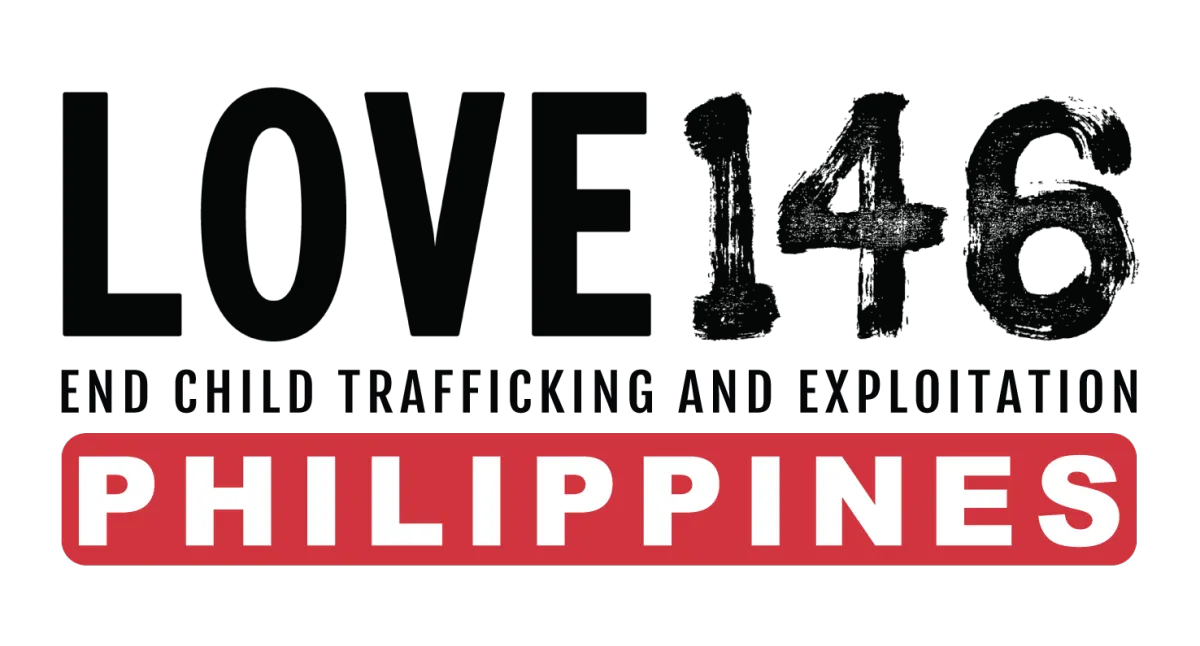The Round Home Programs and Services
By Dr. Gundelina Almario Velazco, PhD
CEO/President
The Round Home programs and services emanate from the biopsychosocial perspective.
Theory of Change
Our theory of change is based on the architecture of the brain.
Traumatic childhood experiences, such as, abuse, violence, chronic poverty and hunger, instability, family dysfunction, and neglect result in toxic stress, wherein the dominant reactions to life are the automatic brain functions of fight, flight, freeze, or fawn. These automatic functions are important for survival, at appropriate times, but in order to navigate the different challenges of life effectively, they have to be counterbalanced with the brain’s executive skills of self-control, awareness, focus, goal-setting, and flexibility.
Interventions
How do we implement our theory of change using the biopsychosocial approach?
By 1. reducing stress; 2. providing supportive, loving and responsive relationships; and 3. helping to build the executive skills of self-control, awareness, focus, goal-setting, and flexibility.
1. Reducing stress
1.1 Providing a corrective physical environment, where there is beauty and order
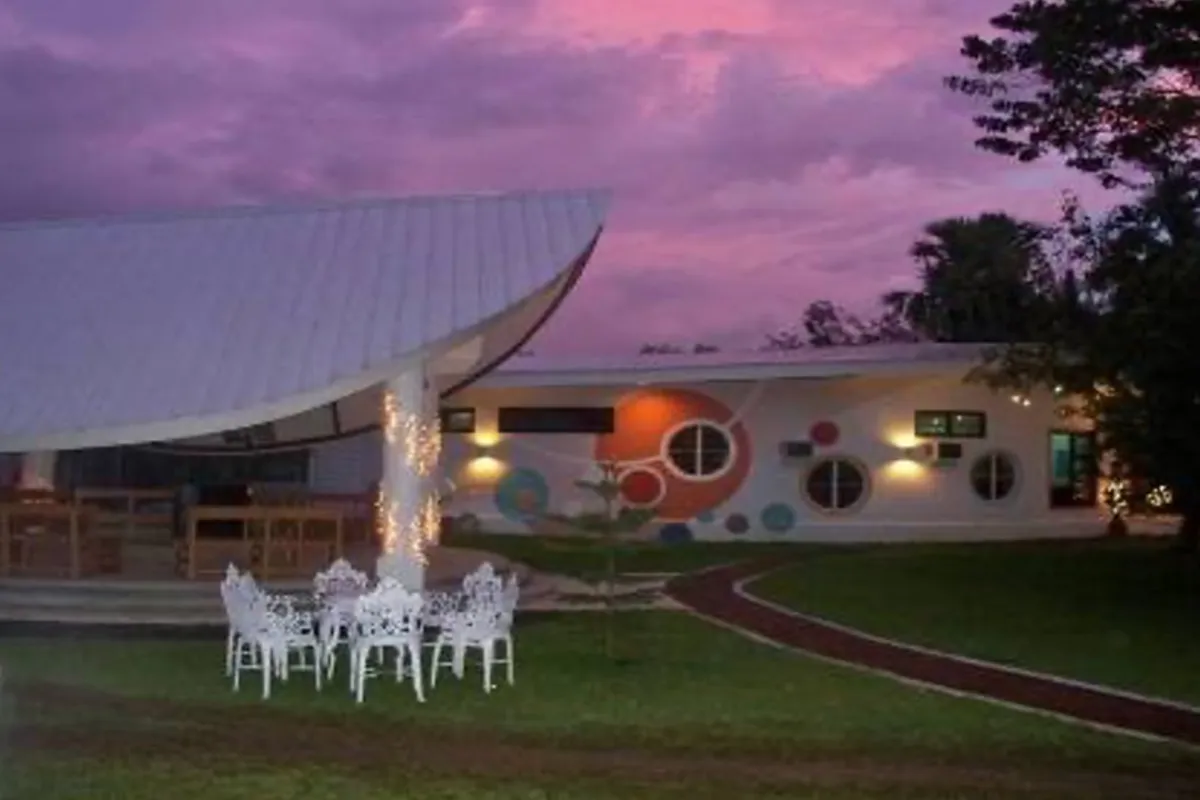
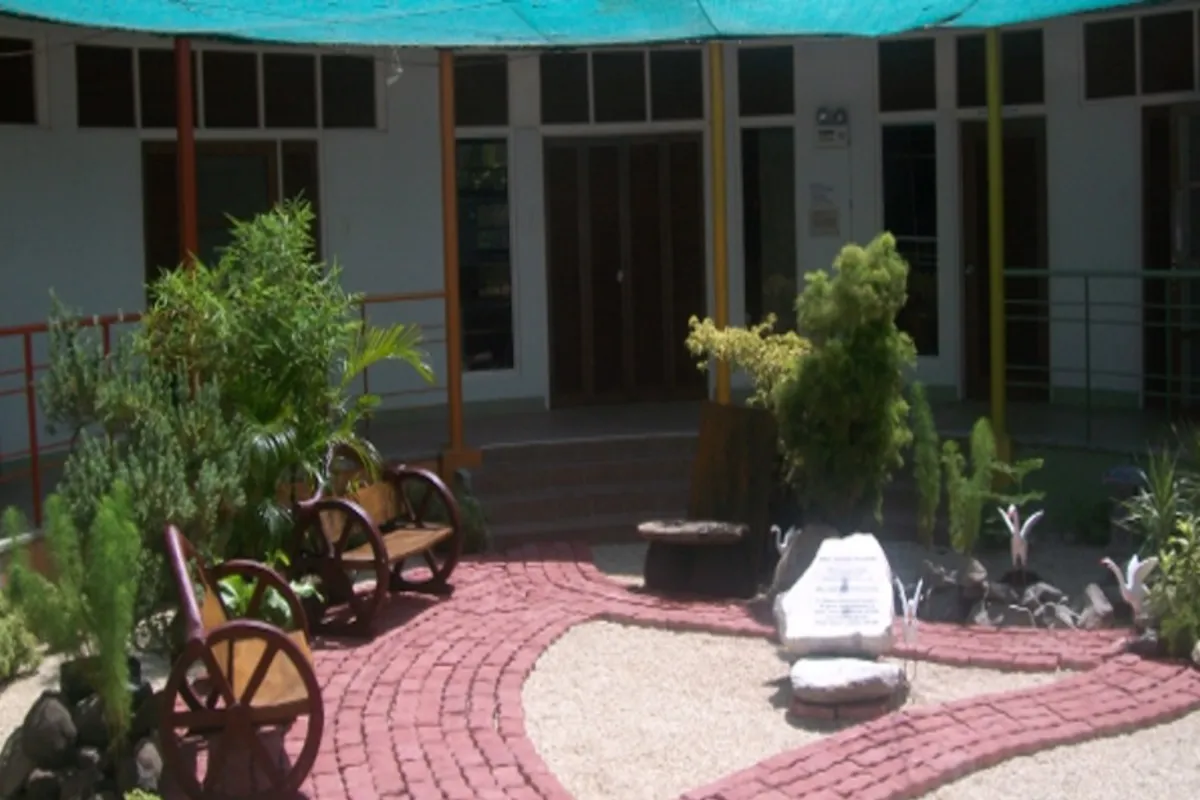
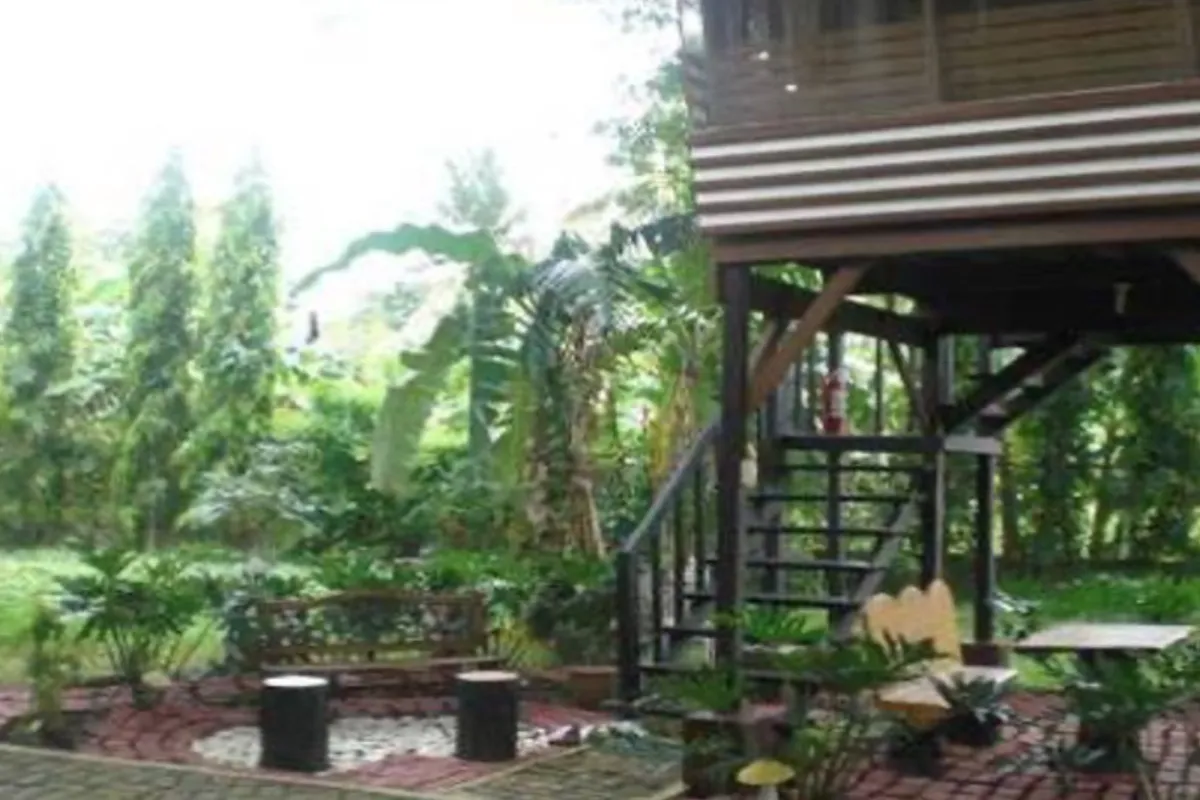

1.2 Meeting the child’s needs
1.2.1 for proper nourishment, hygiene, comfortable accommodations, adequate personal provisions, prompt medical care, and security
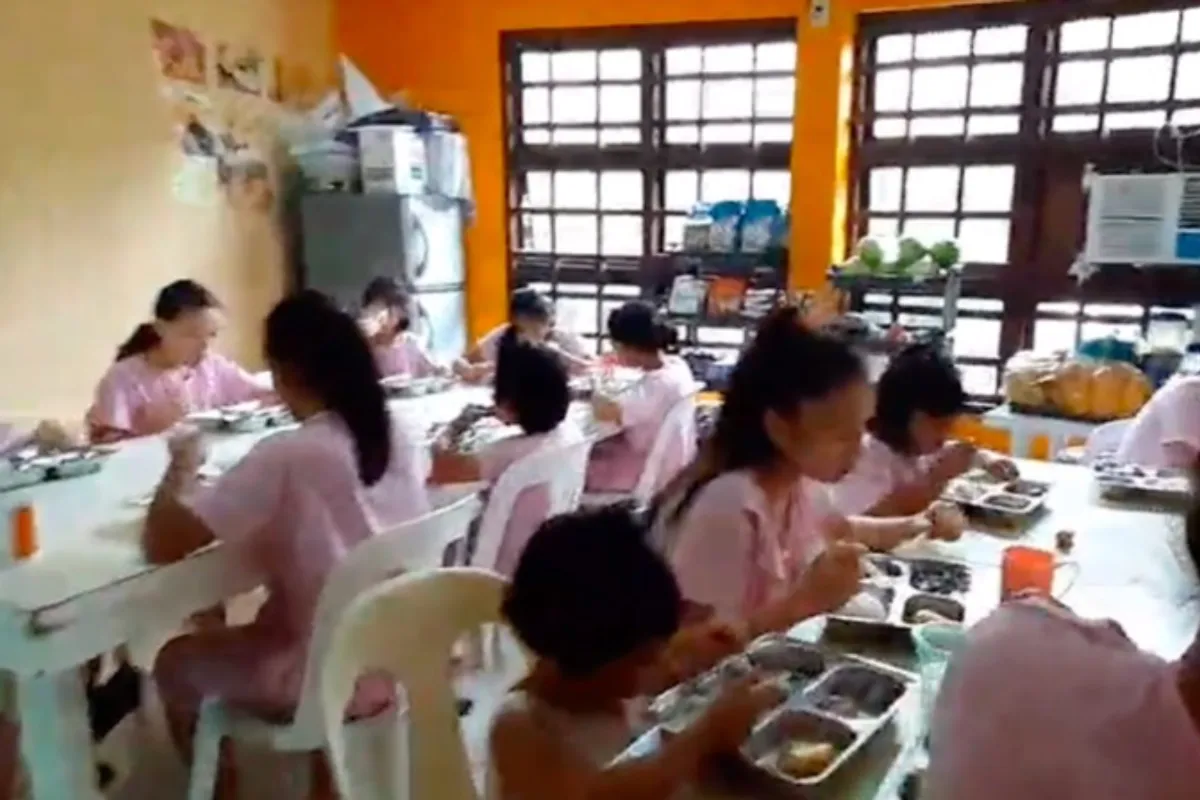
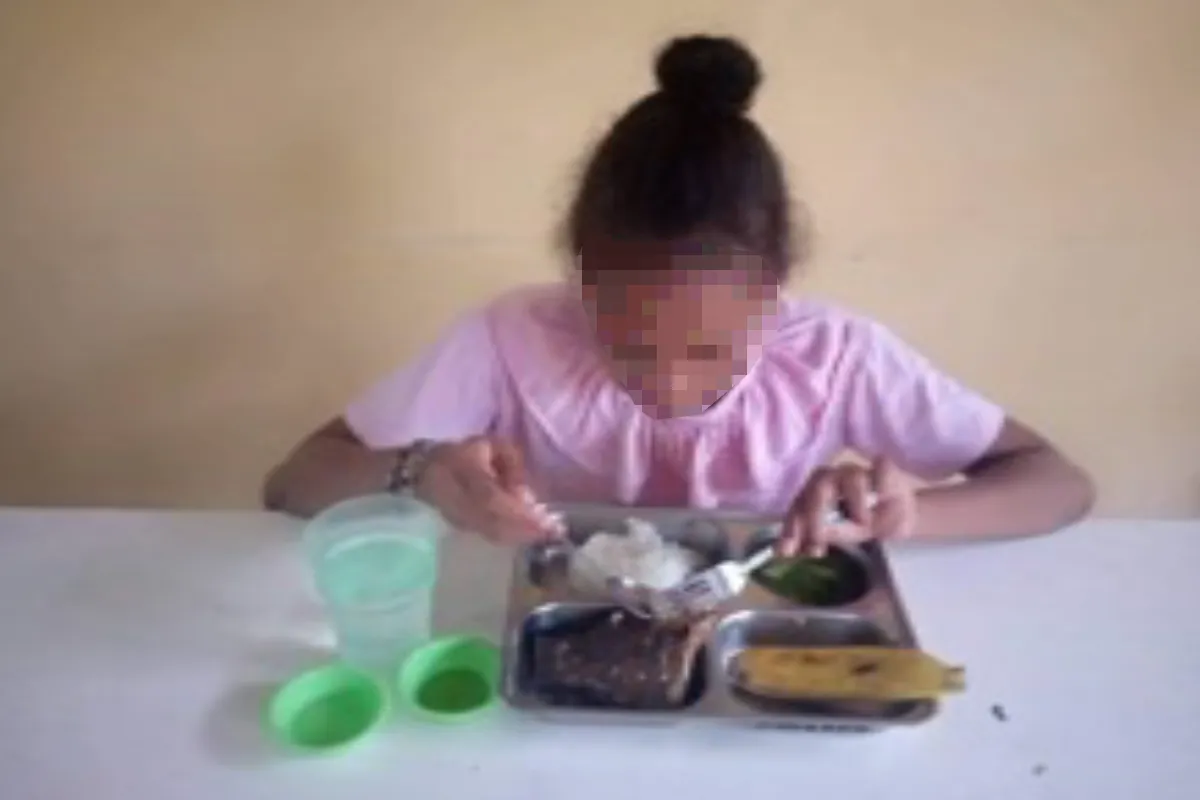
1.2.2 for play
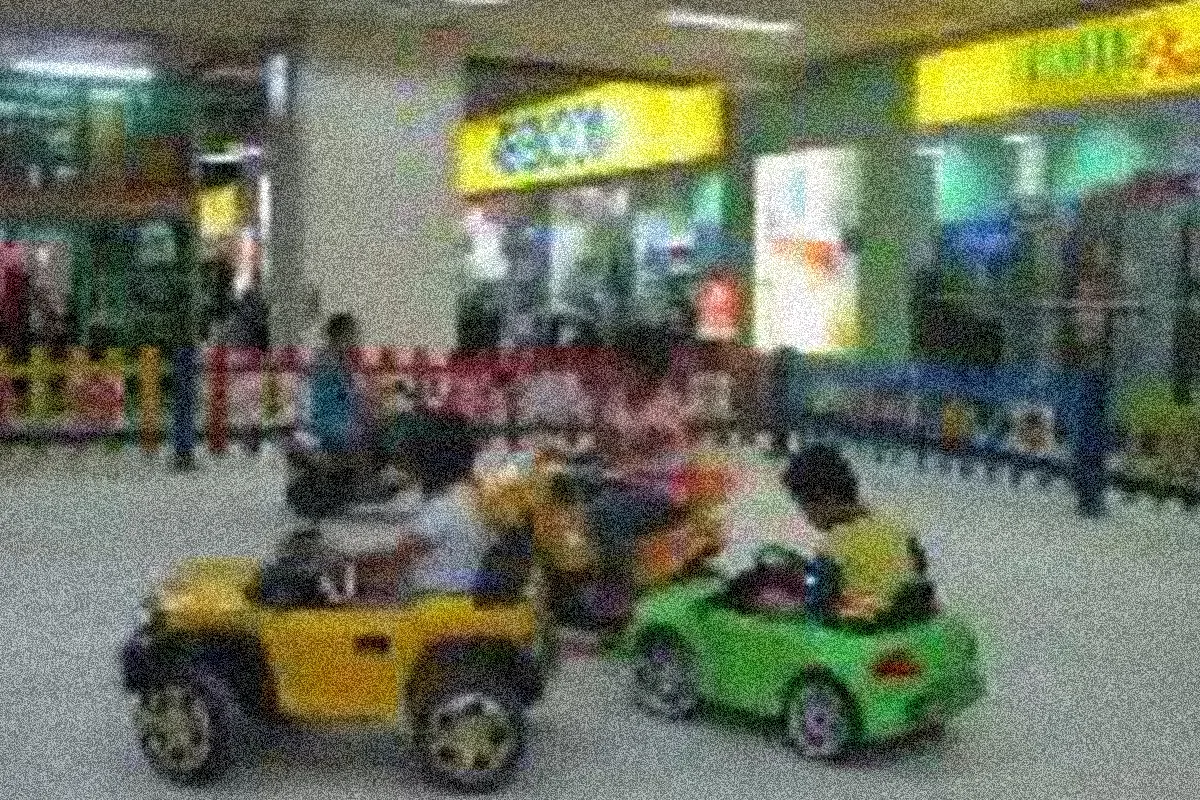
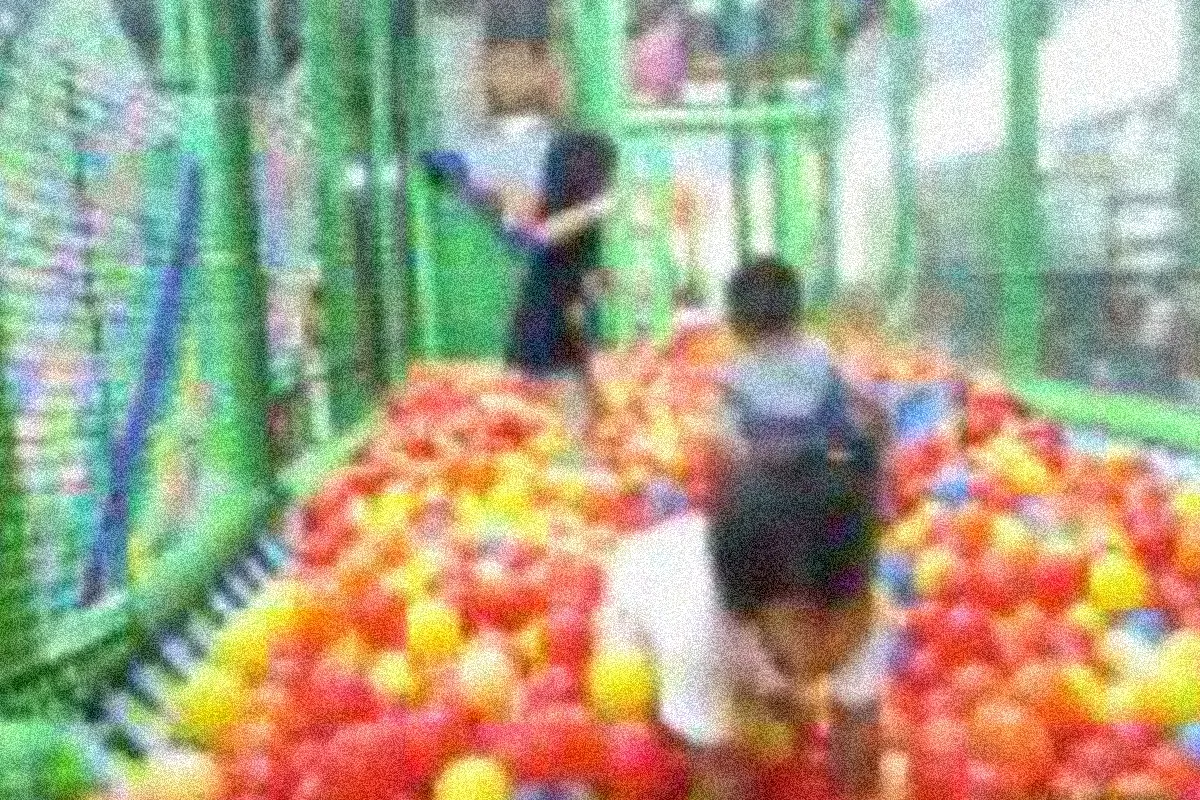
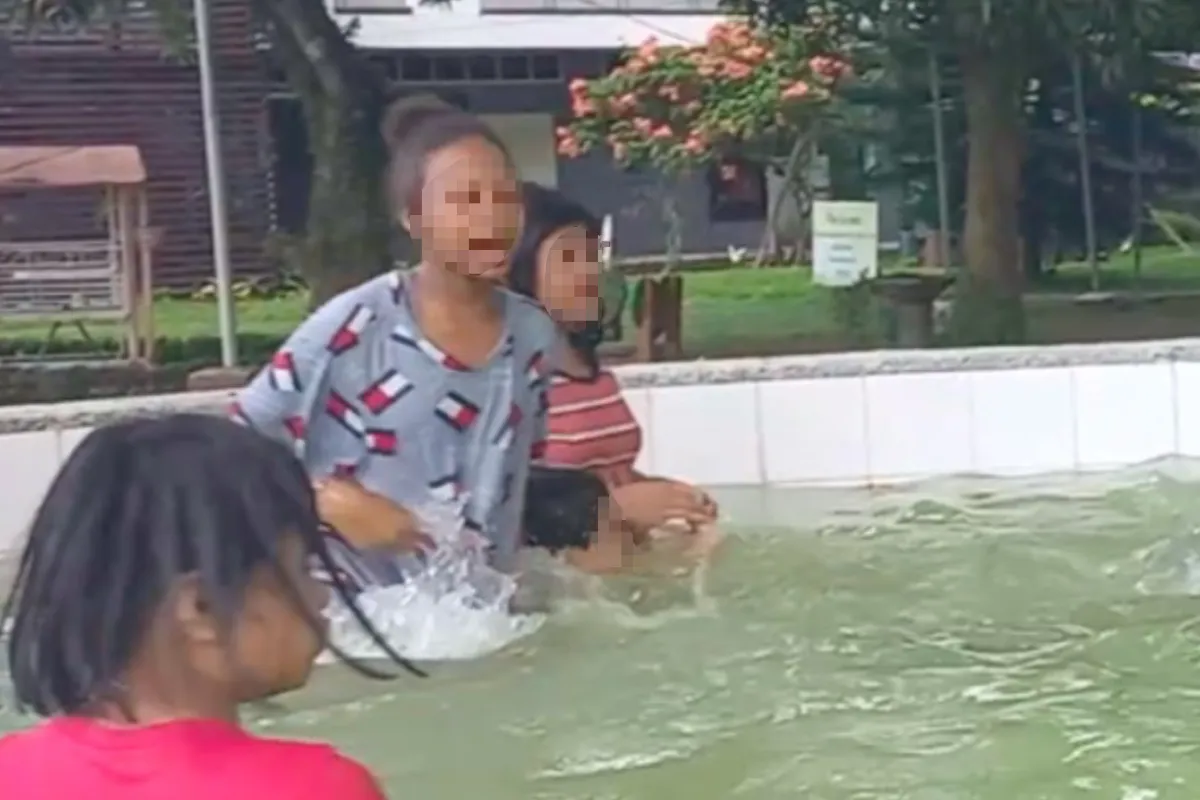
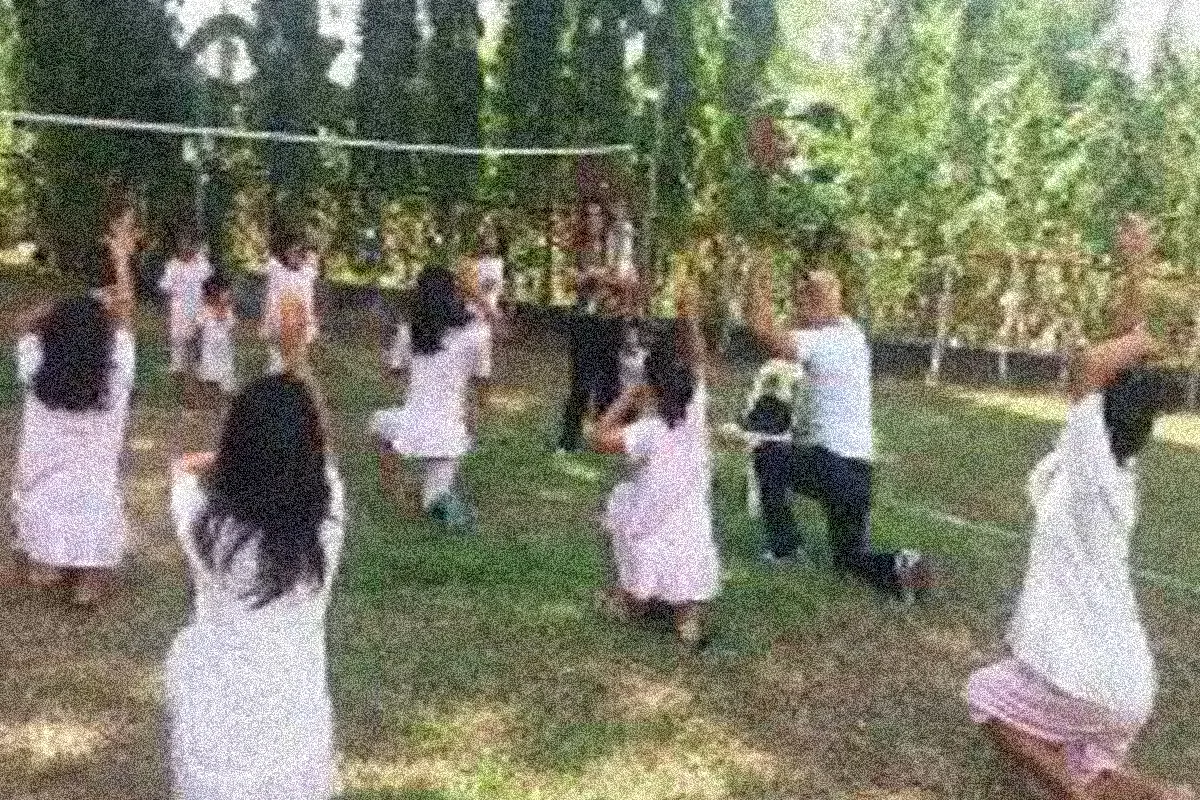
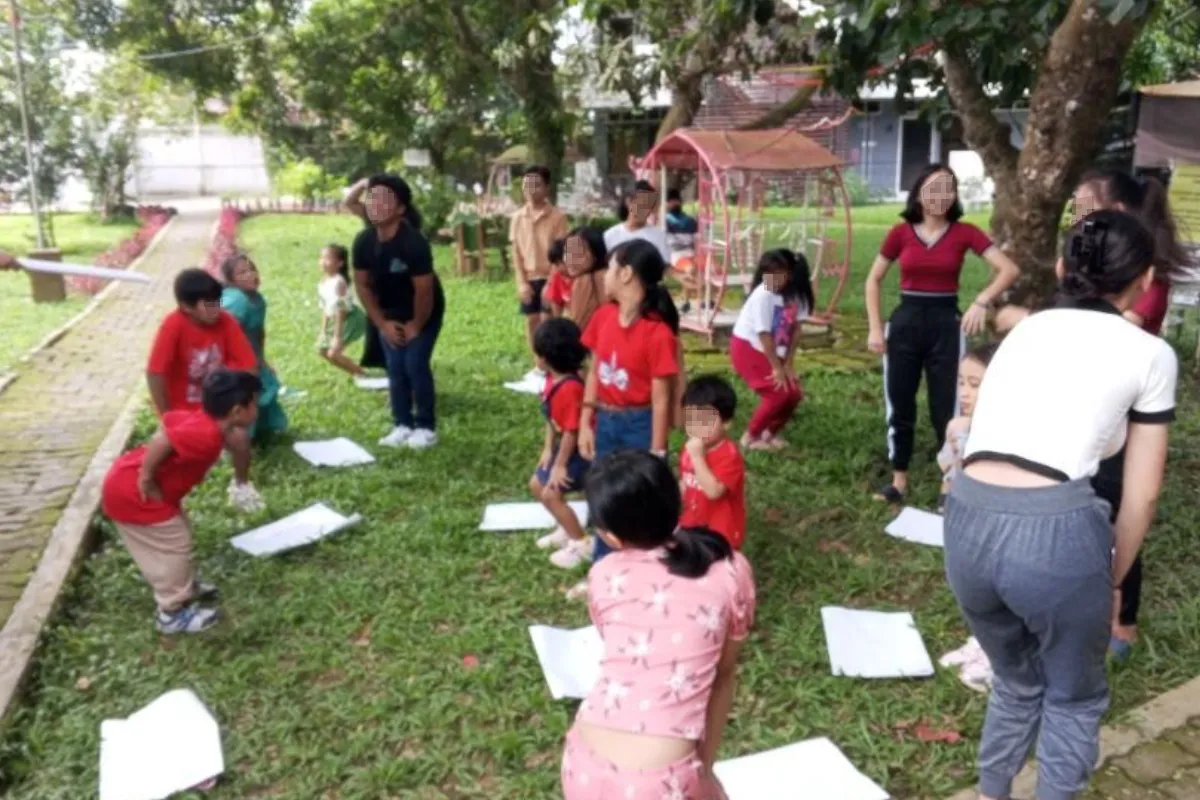
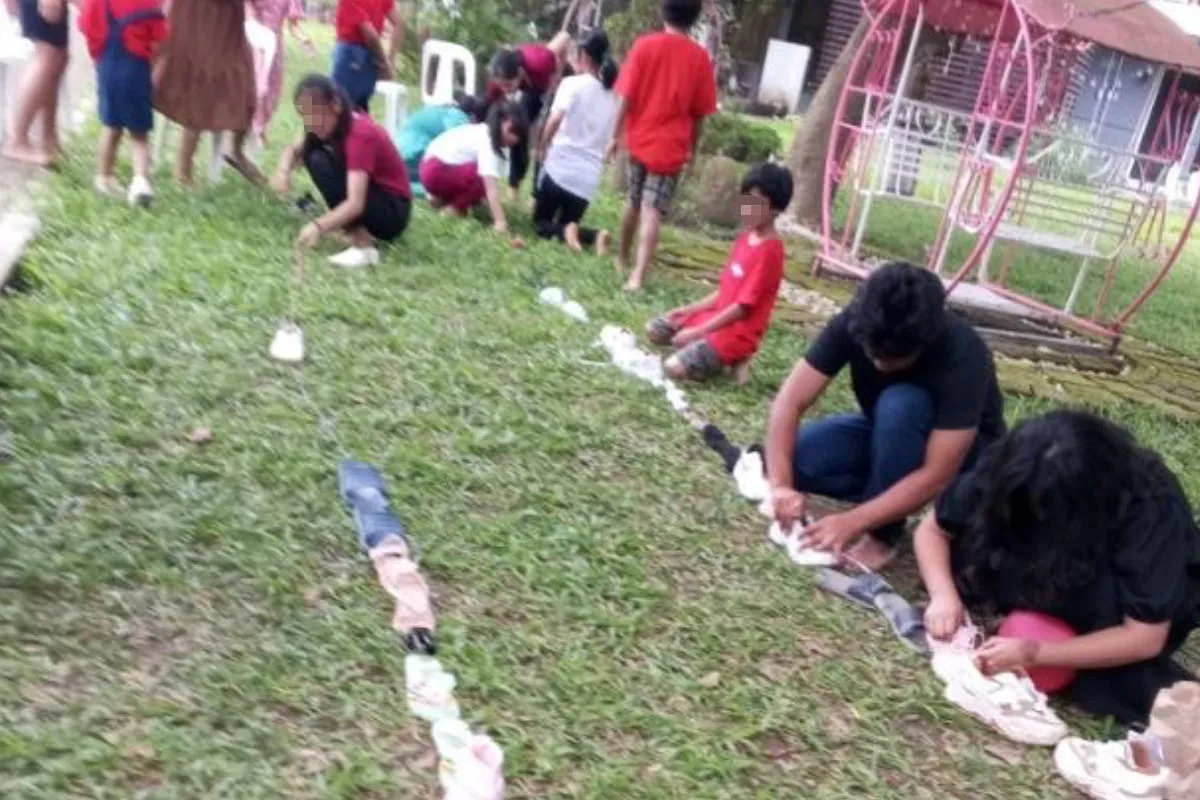
1.2.3 for different forms of self-expression and release of potentials
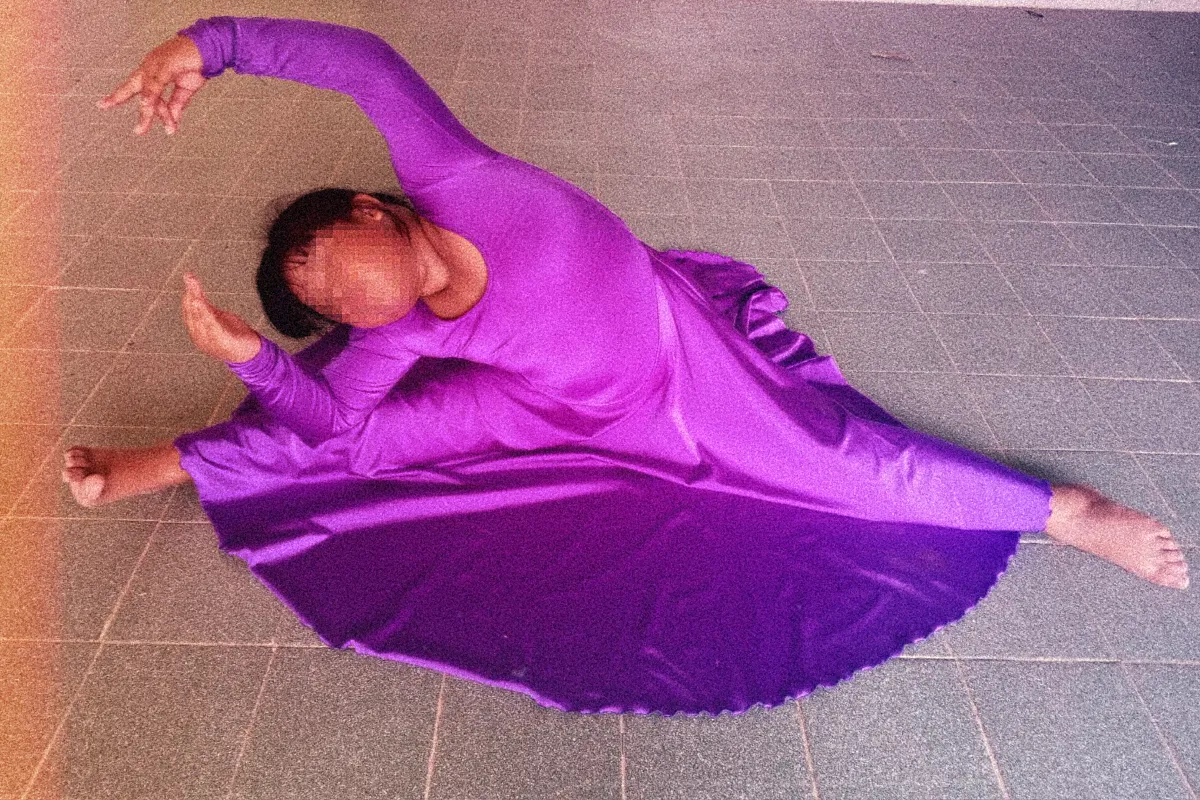
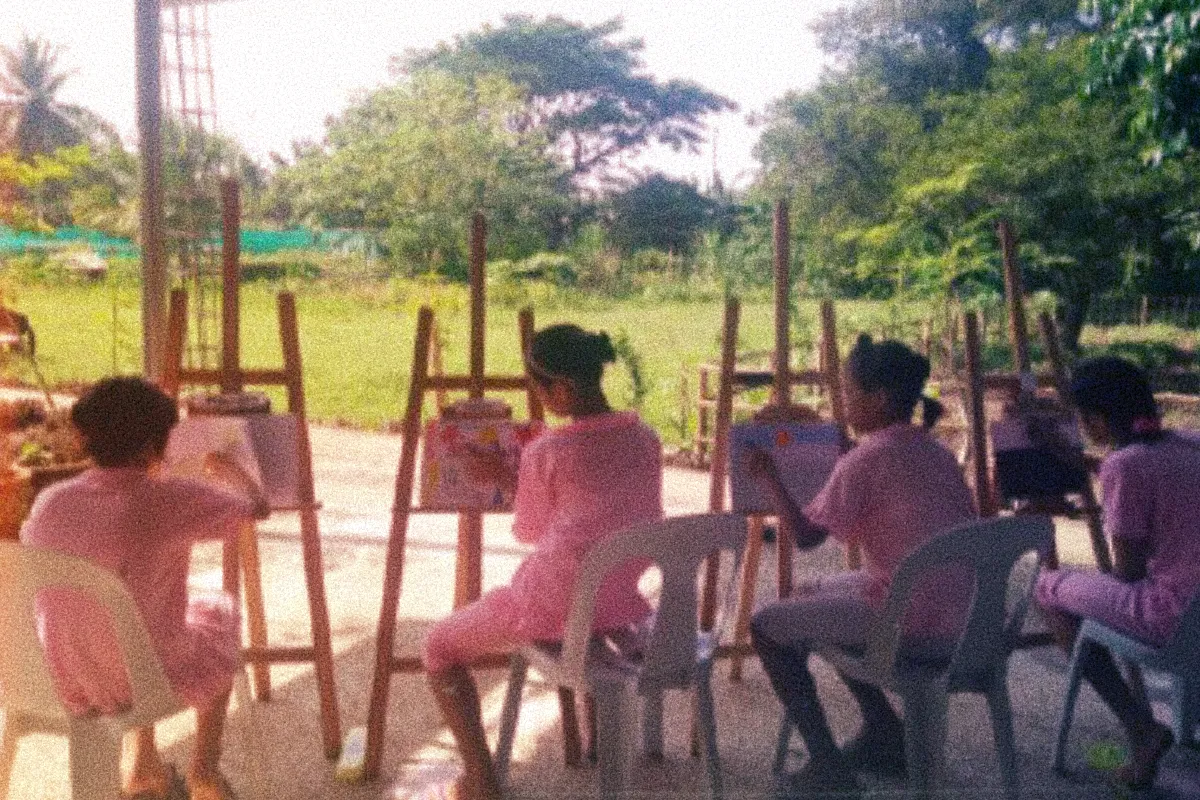
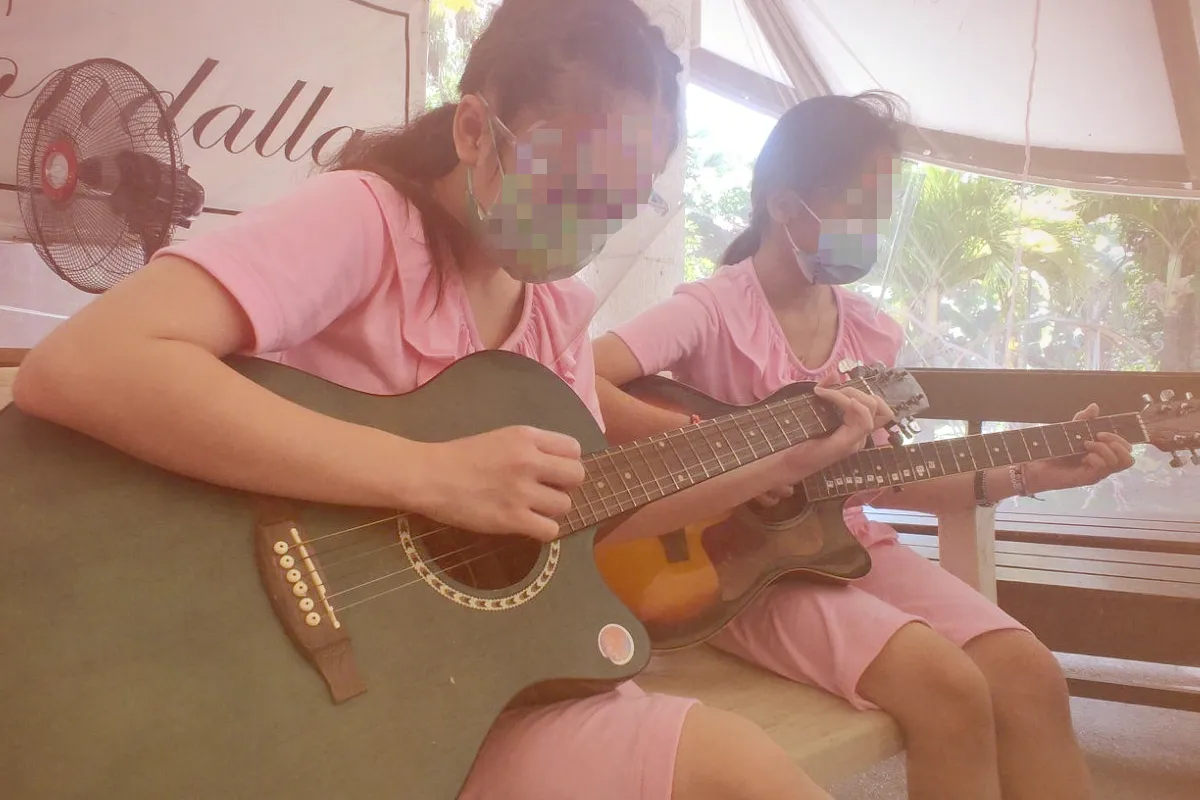
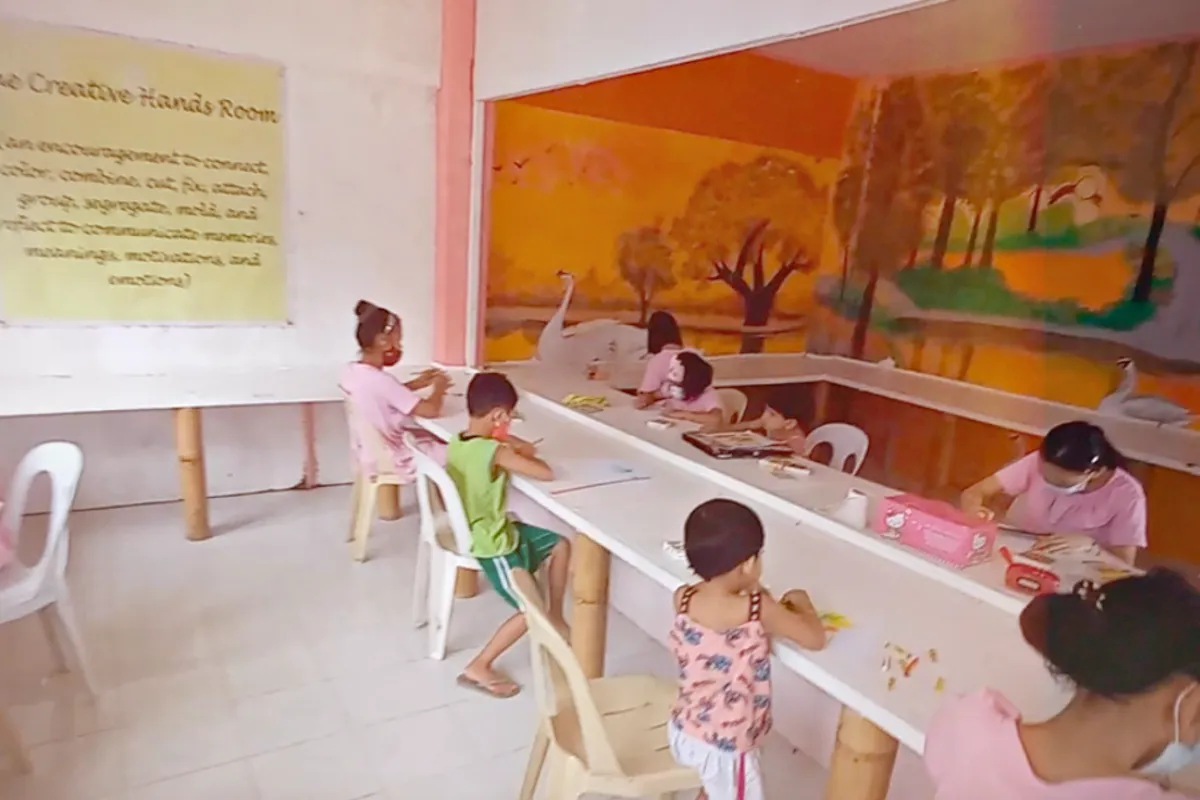
1.2.4 for productivity
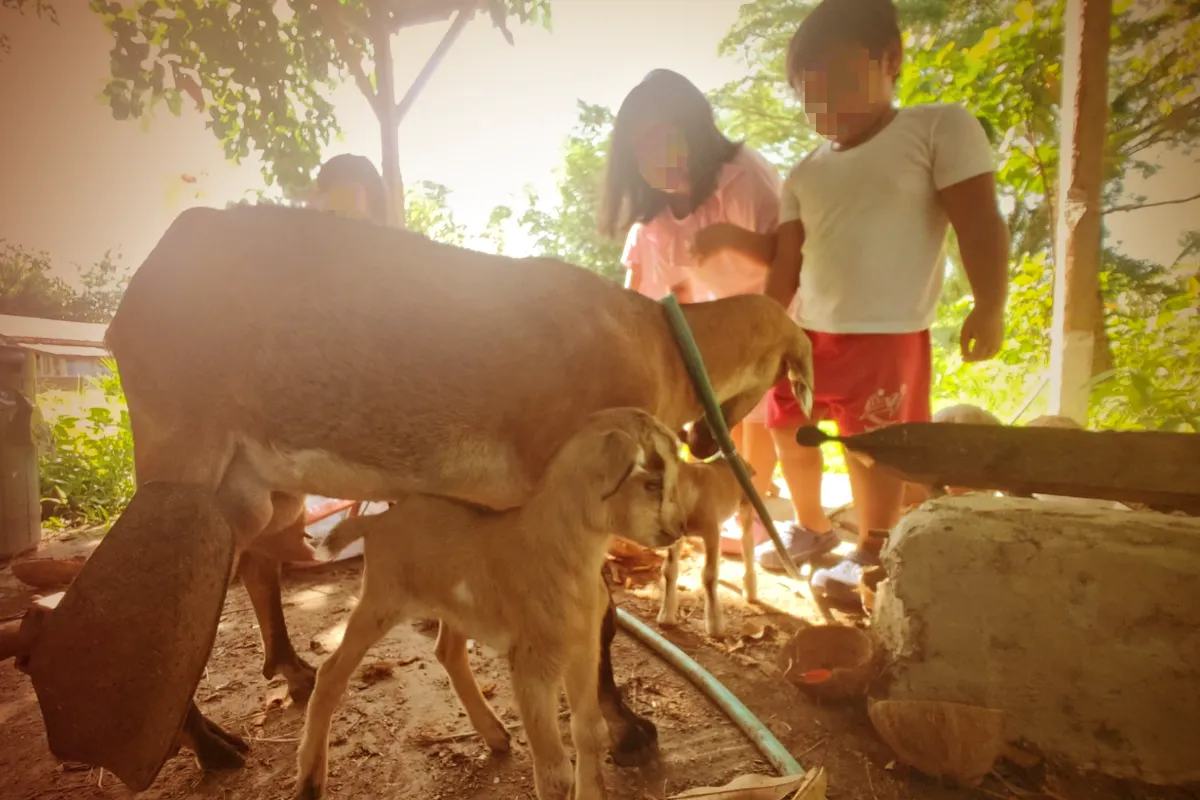
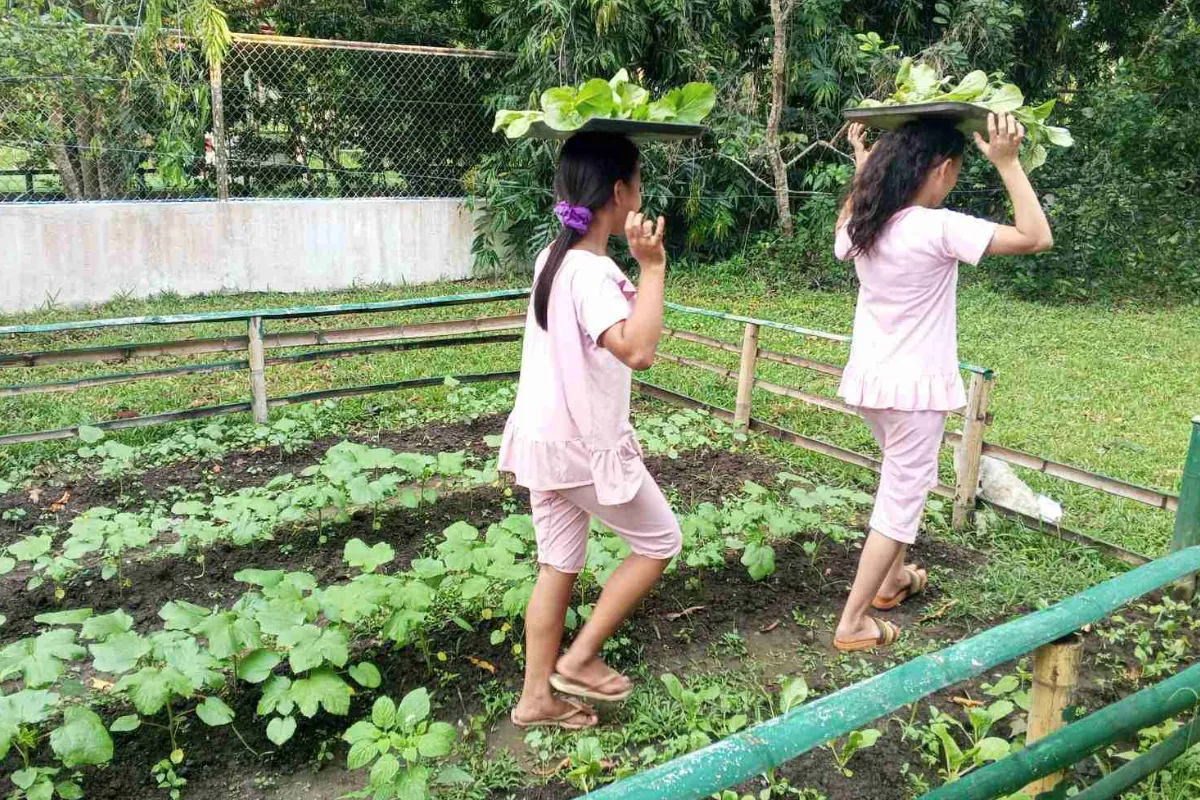
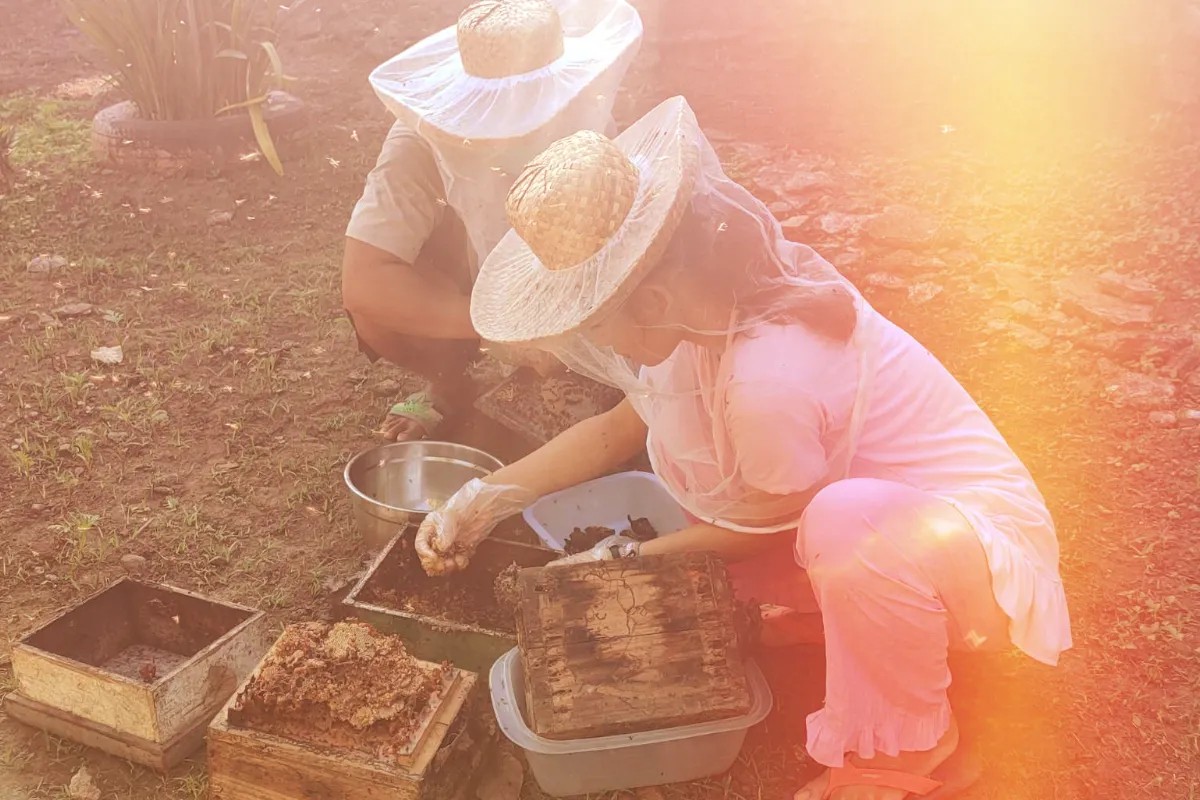
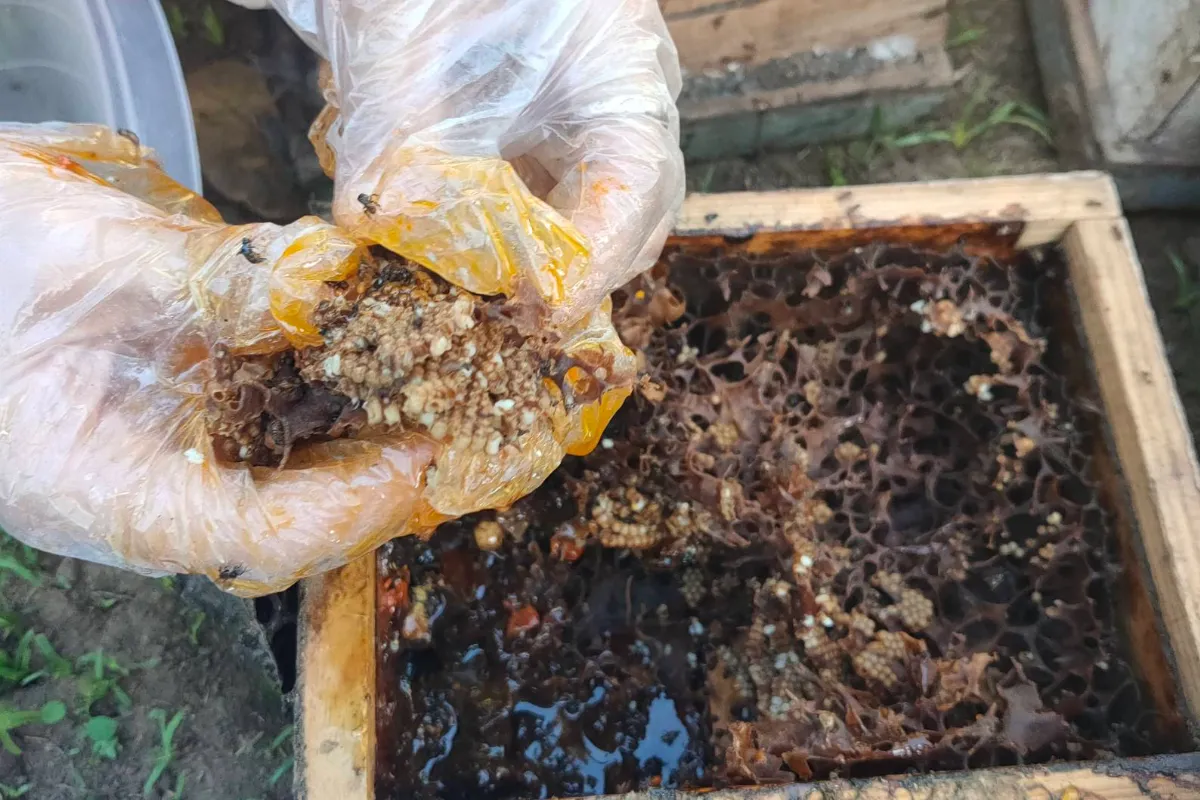
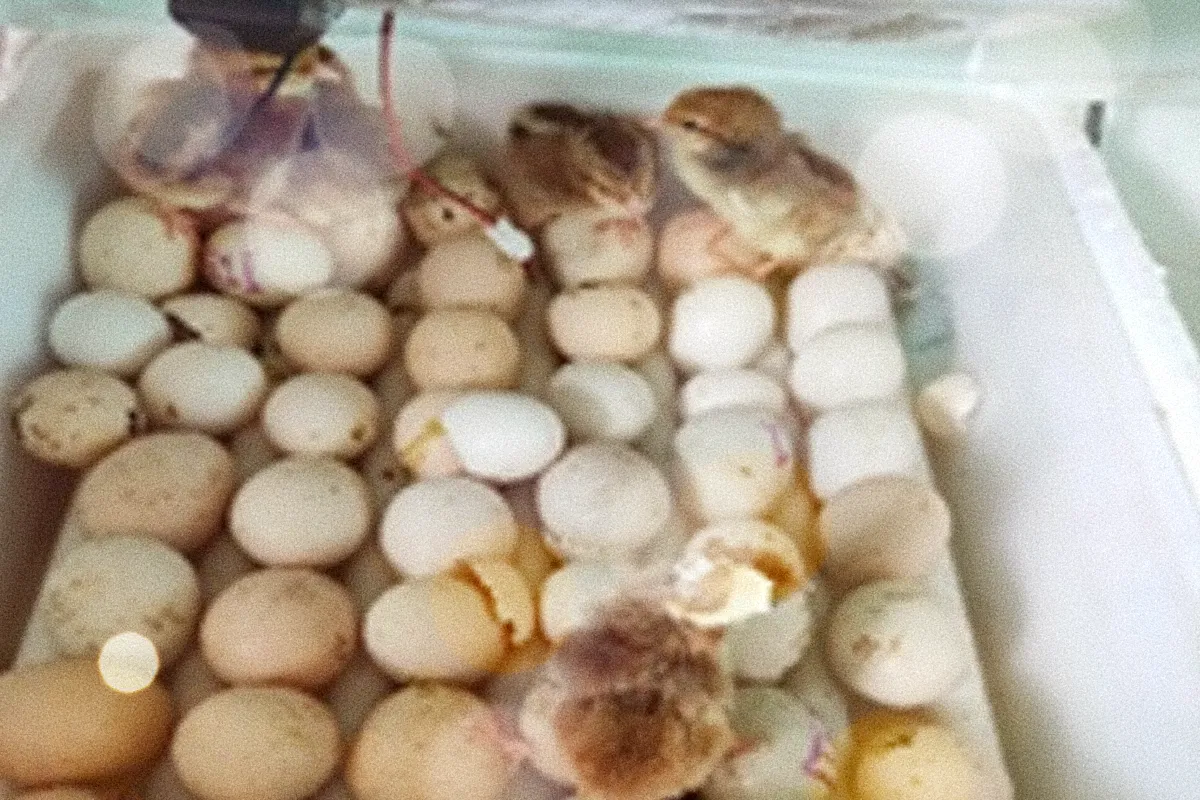
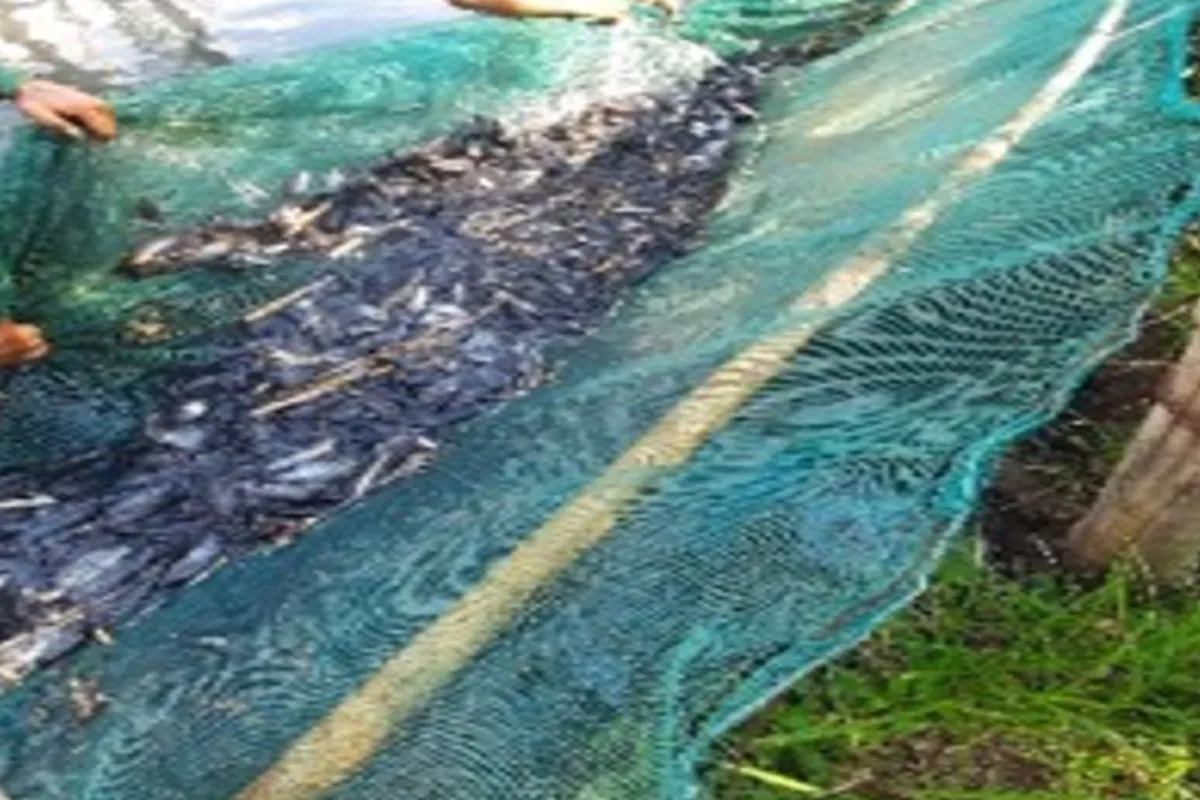
1.2.5 for empowerment and psychological liberation by helping others
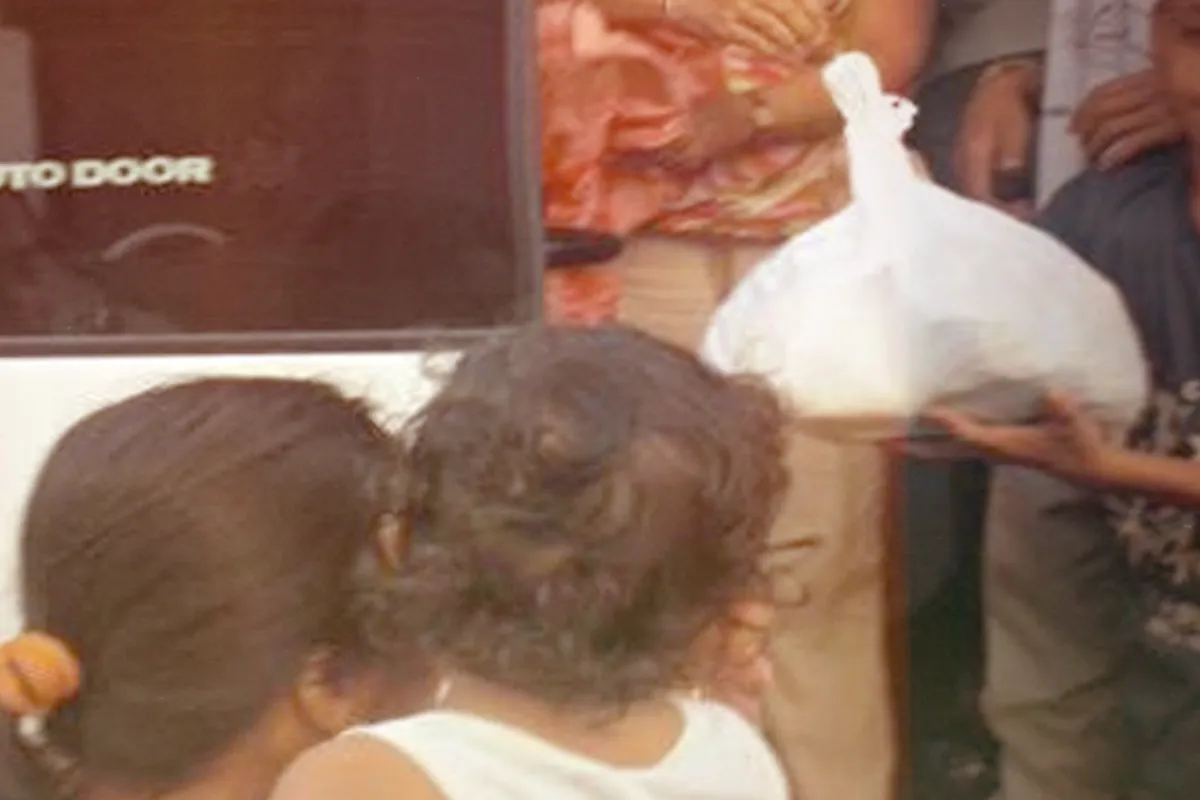
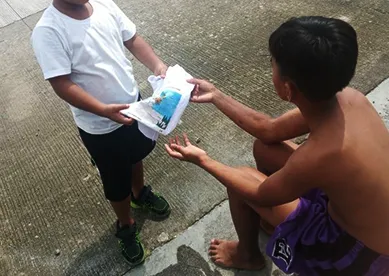
1.2.6 for exploration of alternatives and unconventional possibilities
Vertical Garden
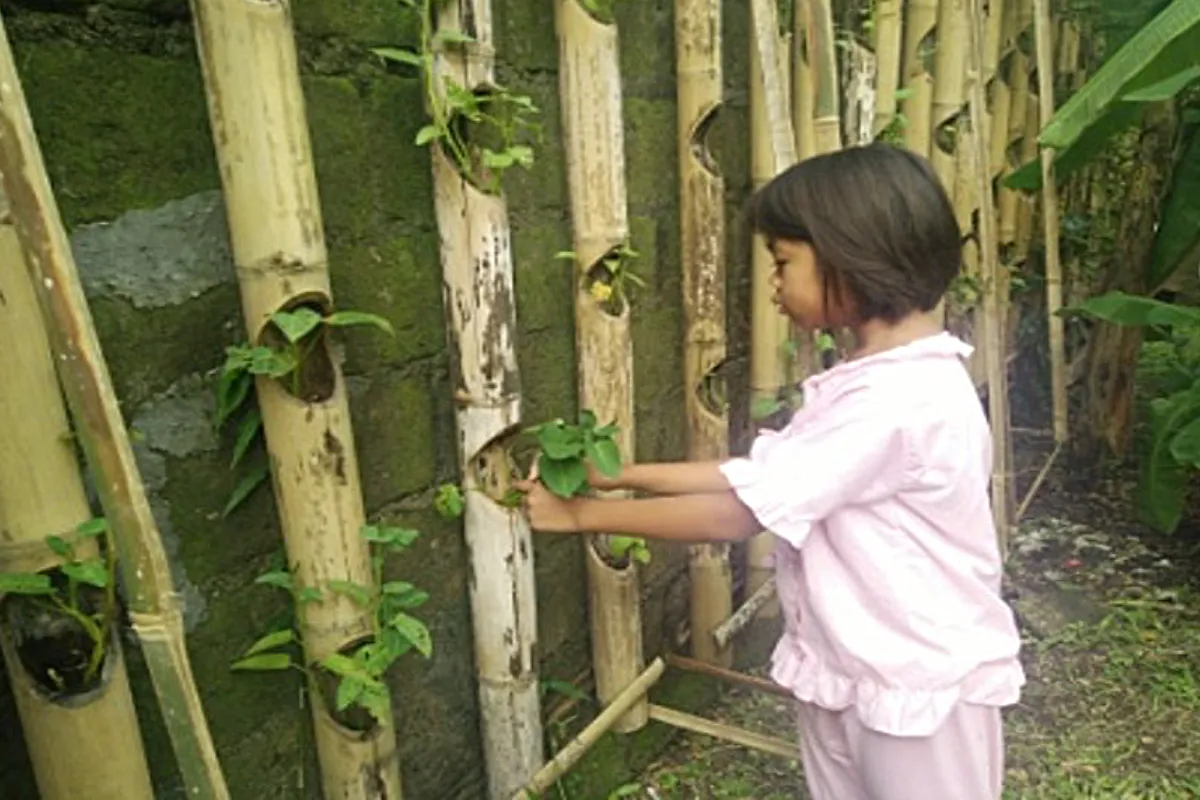
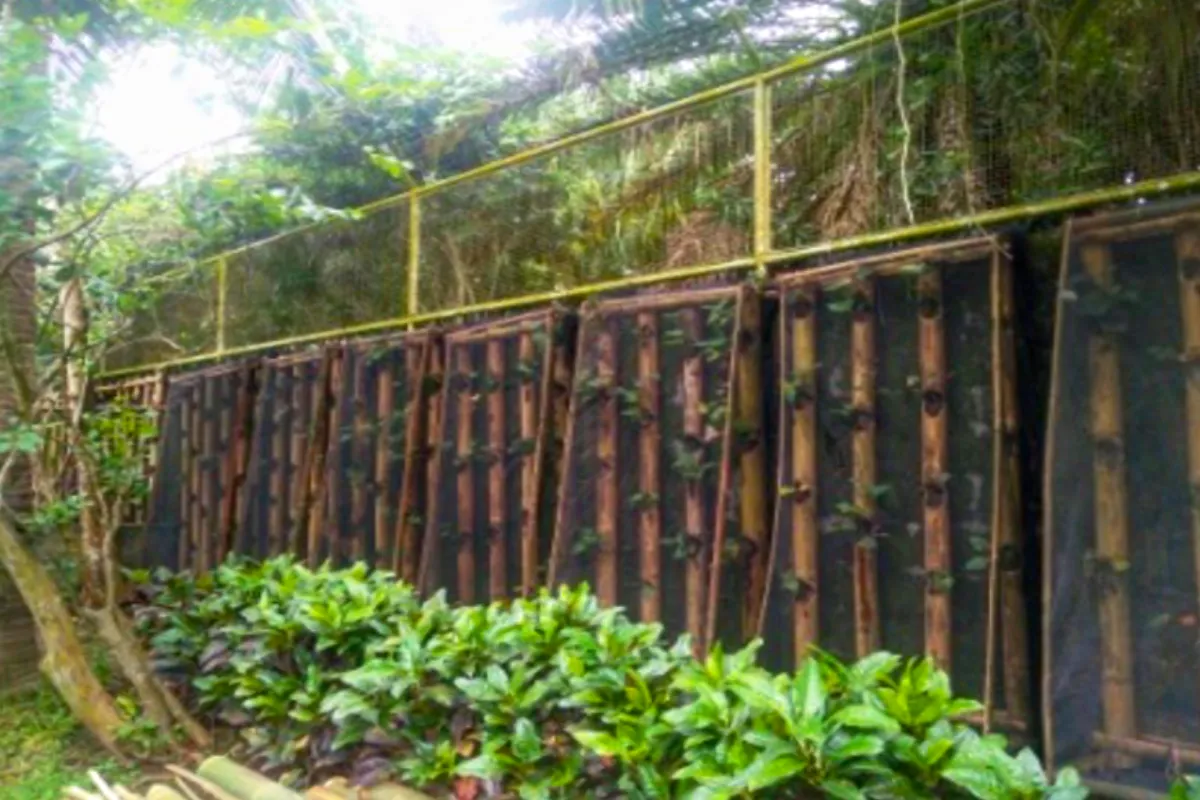
Therapy in a Tree House
Being a natural setting for children’s play, the tree house provides a non-threatening environment where children can work through their issues and emotions using their natural language – play.
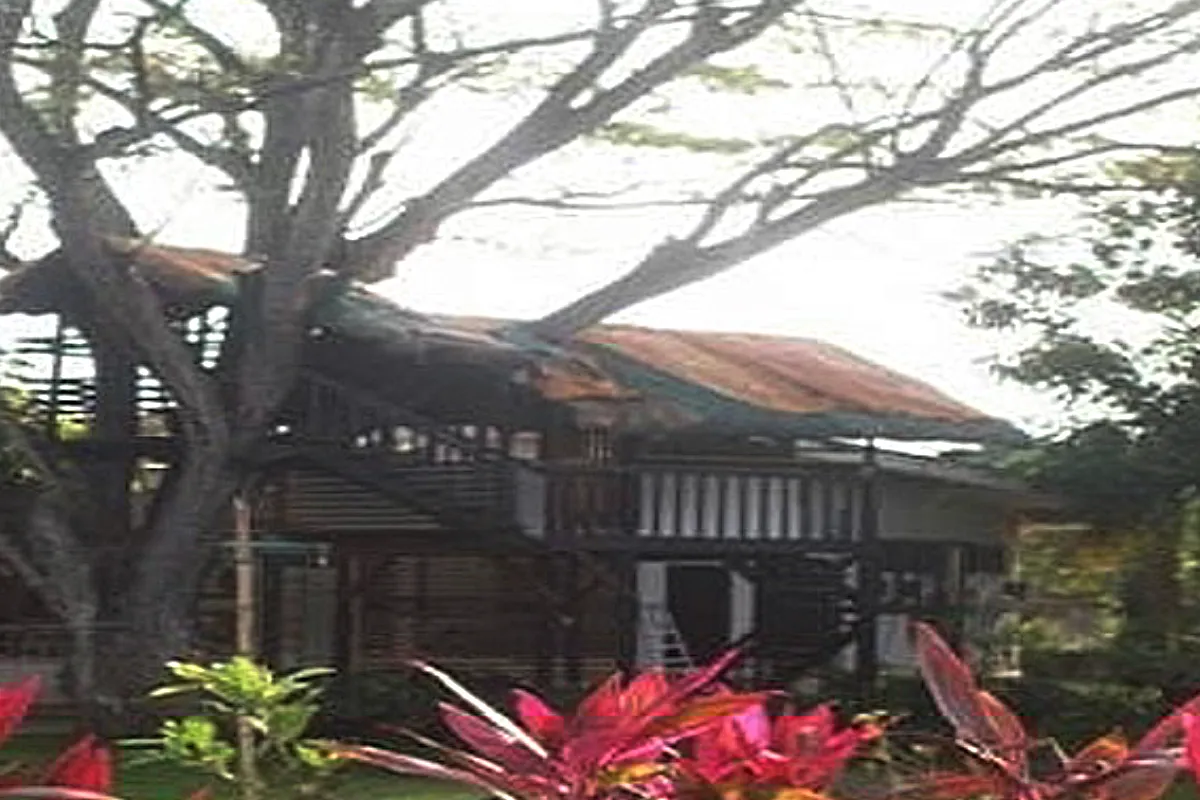
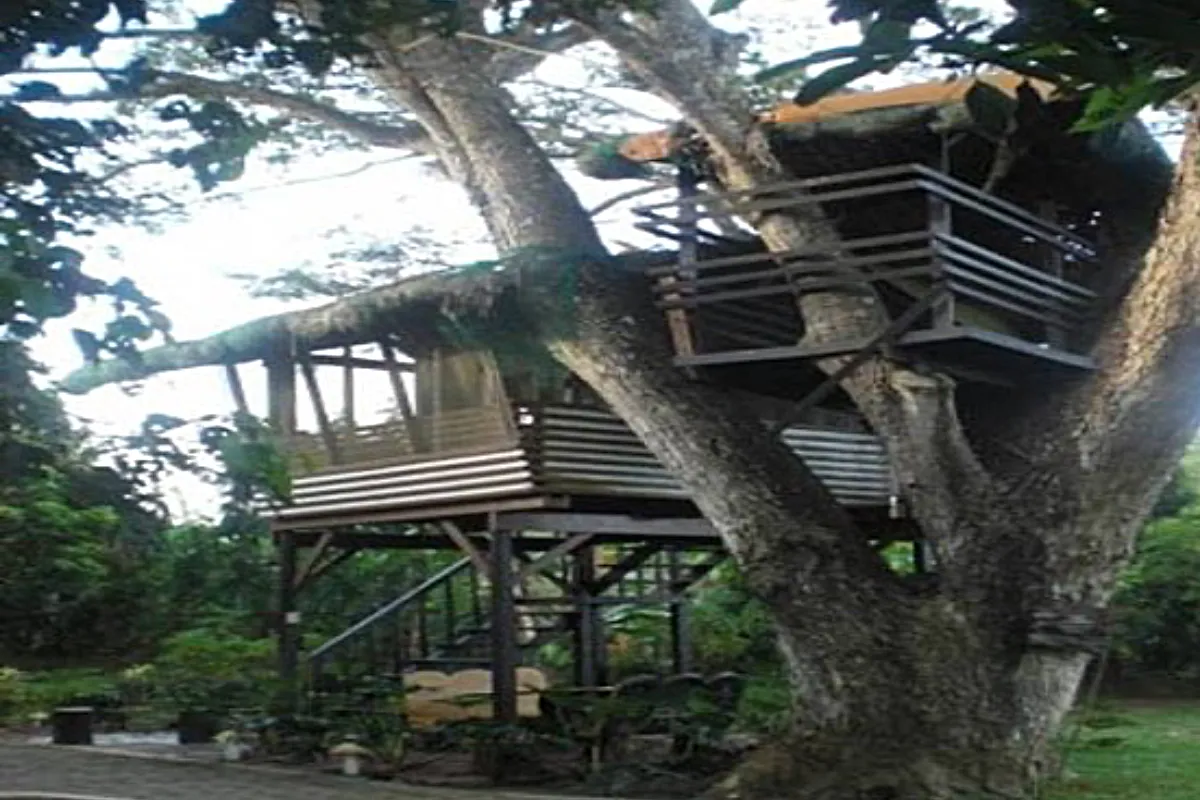
Unlike the conventional play therapy room, the enclosure of which within four walls could create a clinical ambience that may intimidate children, the tree house’s open structure promotes a sense of freedom and perspective.

1.2.7 for spiritual processing
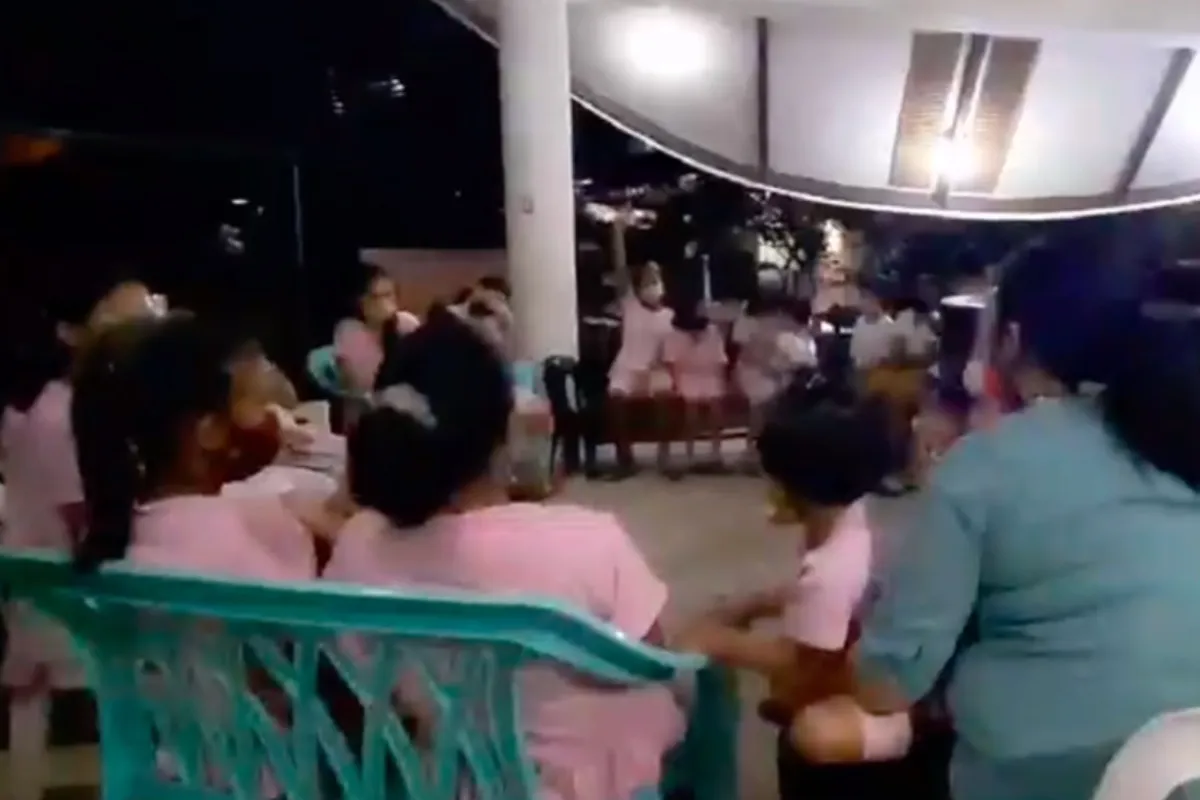
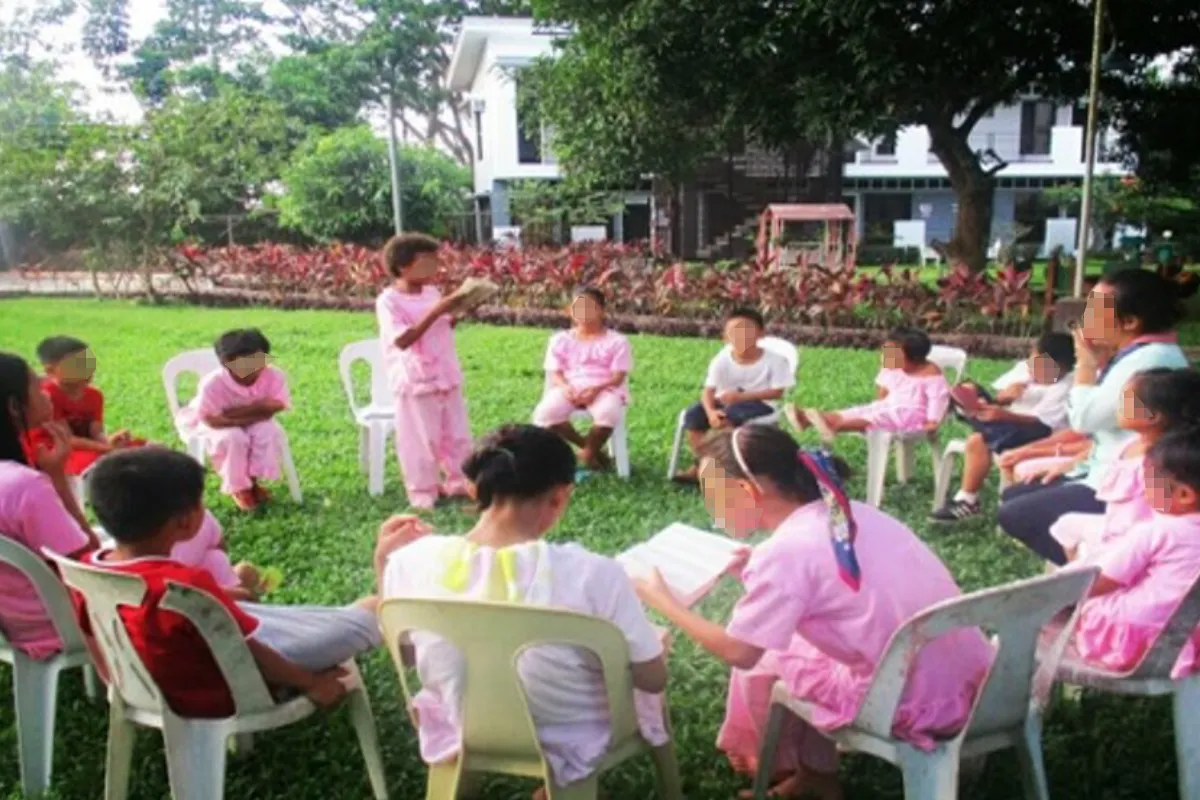
1.2.8 for mainstream education
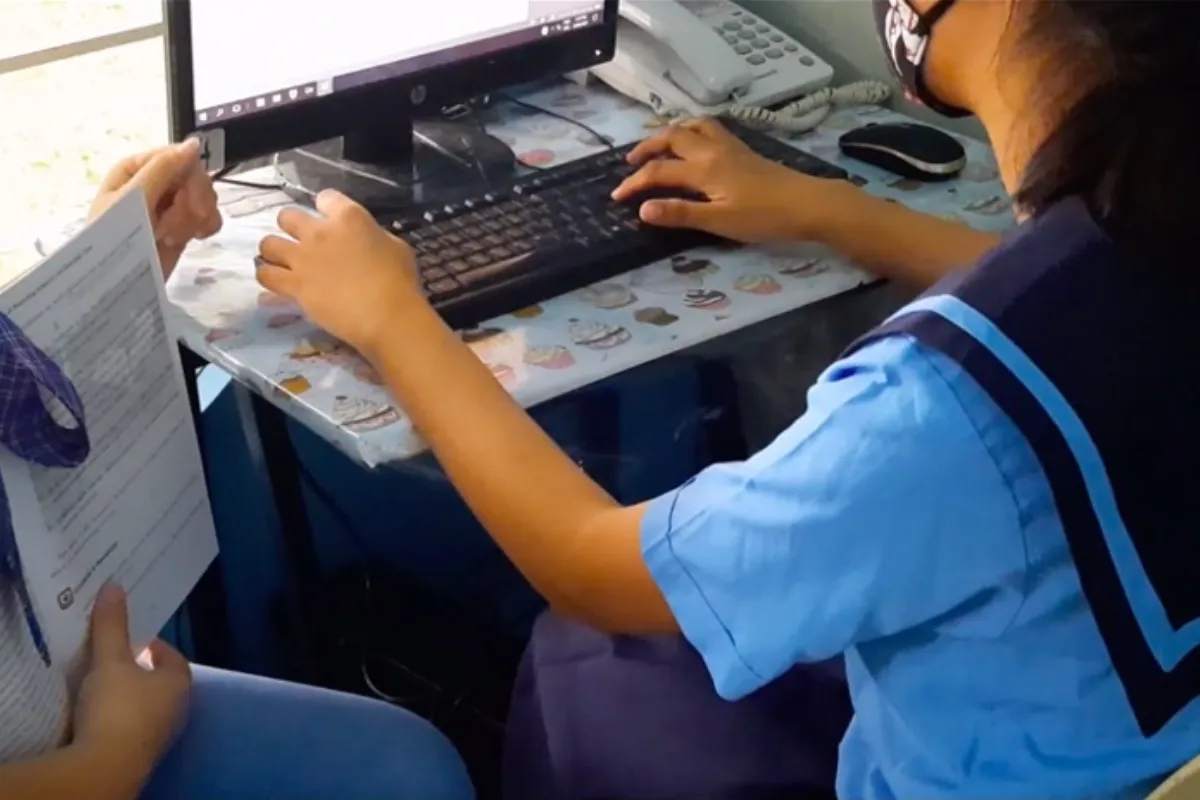
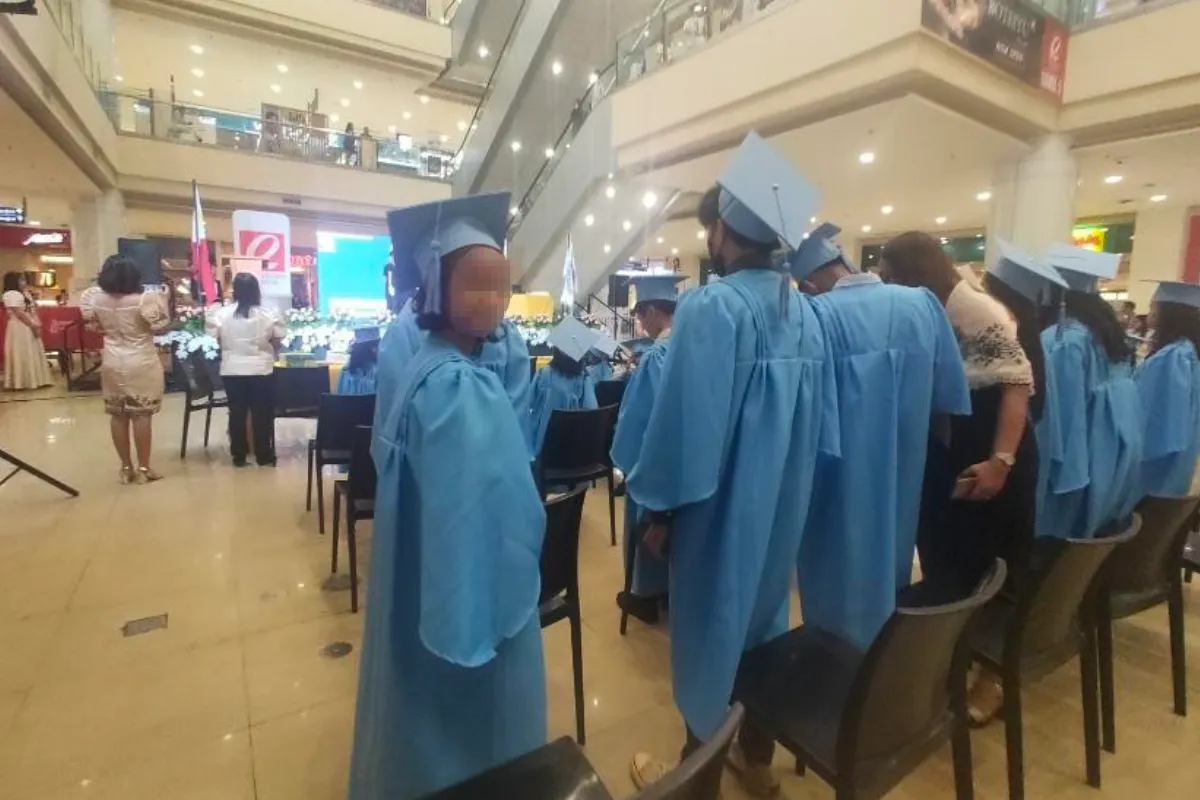
1.2.9 for a healthy environment
We try to be carbon neutral by planting trees and plants, doing crop rotation and cover, and implementing smart water usage by purifying water from a natural spring source. All organic wastes go to the vermicompost, which is used as natural fertilizer. All plastics are recycled.
1.2.10 for preparation for reintegration into mainstream society
The children reconnect with the supportive members of the family through calls. Home visits are also arranged as appropriate.
1.2.11 for justice
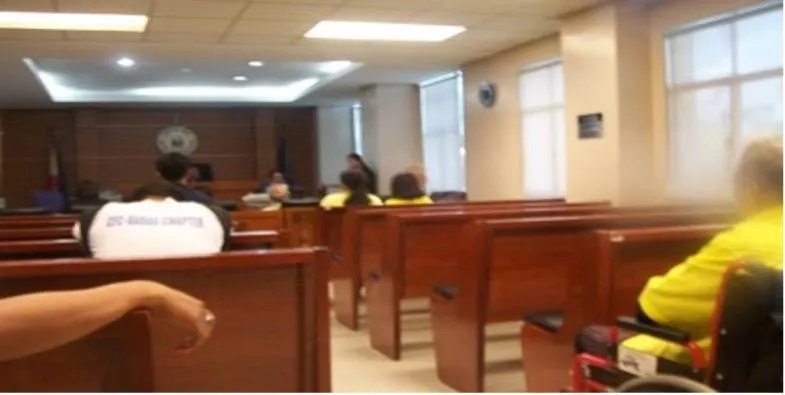
2. Providing supportive, loving, and responsive relationships
Since the Round Home is a home, the children have mothers and sisters , as well as friends in the staff. The expertise lies beyond being clinical experts and therapists to being expert enough to provide what the children lack and need most – a home. The staff are trained in family attitudes and behaviors, both verbal and nonverbal, that can promote healing, positive transformation, self-worth and empowerment among the children.
3. Helping to build the executive functions of self-control, awareness, focus, goal-setting, and flexibility
3.1 Self-control
There are rules and policies and appropriate reinforcements and withdrawal of reinforcements, that shape self-regulated behavior.
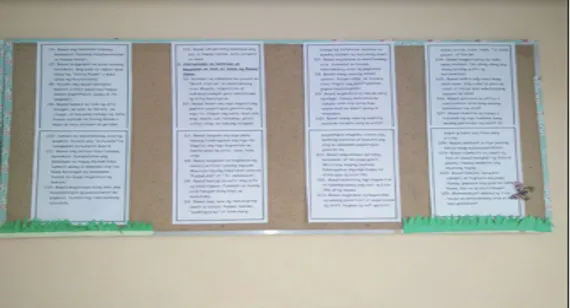
3.2 Awareness
The children are trained to reflect on events and their feelings and such reflections are encouraged and given importance by discussing them individually and as a group, whichever is appropriate, and posting them, if allowed by the child.
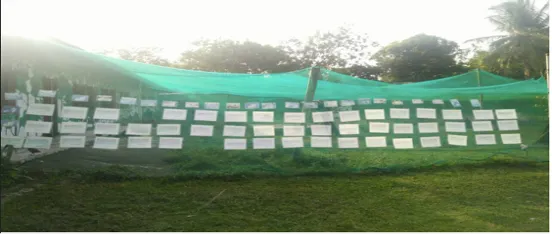
3.3 Focus
The children are trained in focusing through the rondalla or strings musical ensemble, where they have to play as part of a team, and also through games, sports and sports tournament. Individual as well as group therapeutic dynamics also promote focus. Specific assignments on household chores also promote focus, especially since standards are set on thoroughness and quality of output.
3.4 Goal-setting
Career Development Program
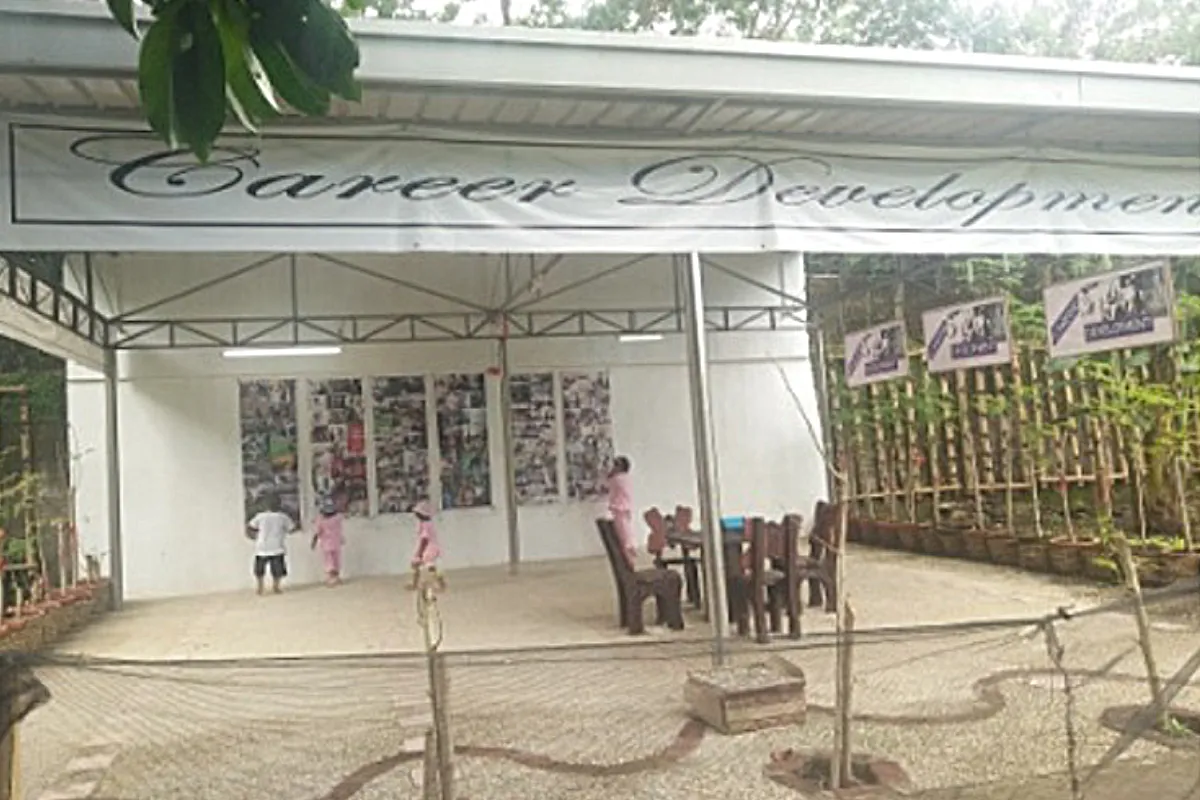
Every month, the children’s career goals are processed by visually presenting to them different career categories and encouraging them to choose what interests them at that point. They signify their choice by superimposing their picture on the worker doing the job. Their choice is discussed. The next month, the process is repeated. They might choose the same or similar career from month to month, or they might change. This gives them and the staff an idea of the development of their career preference. The important thing is that they always have a goal that stimulates them to keep on working in a certain direction, as well as hope that there is a possibility for an upward movement from where they are.

Which occupation are you interested in?
What do you want to be in the future? What is your first
step toward that goal?
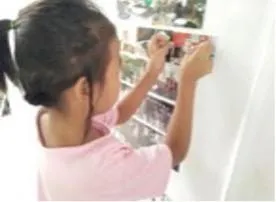
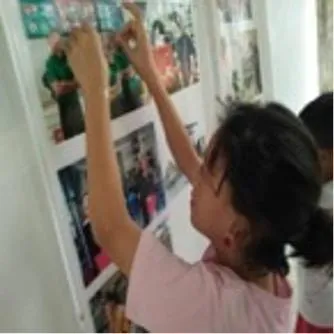
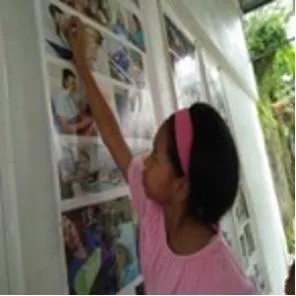
Daily goals are also set, as activities are mapped out for the month.
3.5 Flexibility
There is constant planning of small and big activities with the staff and with the children. The activities, as well as their goals are discussed. If plans have to be altered with good reason, this is also discussed. The process teaches the children the value of being attuned to evolving reality and making the necessary adjustments. Flexibility is also exercised by constant discussion and listening to one another, thus broadening one’s perspective to accommodate others’ way of looking at things.
The Round Home approach is generally phenomenological, using an approach, combination, or innovation of approaches as appropriate, based on lived experience with the children, child-led, and in a family or home rather than in a clinical context, although mindful of the brain circuits we seek to help form and the self-regulation skills we intend to help build. But once implemented, we employ science-based innovation, wherein we systematically study and record the impacts of our approaches. Instead of merely asking, "Does it work?" we also seek to answer the questions of, "What about it works, how does it work, for whom does it work or not work, in what situations does it work or not work?" based on analysis of the children's words in answer to particular questions. Based on what the children say and do, we continue, change, or innovate approaches.
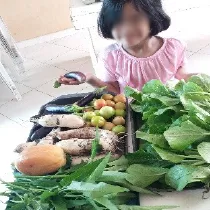
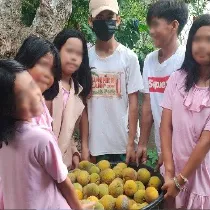
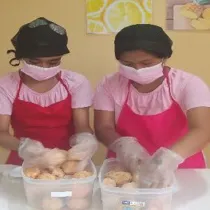
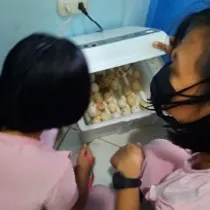
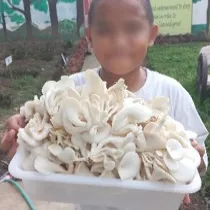
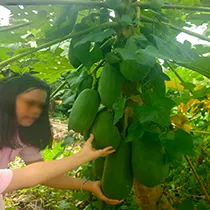
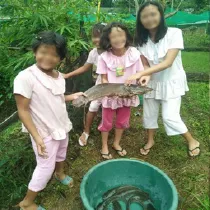
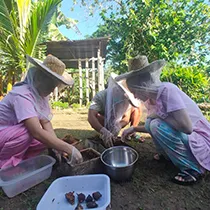
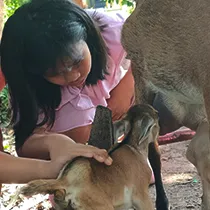
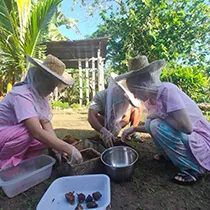
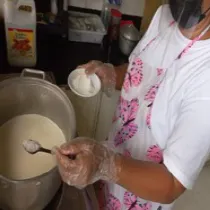
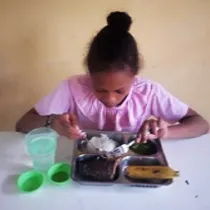
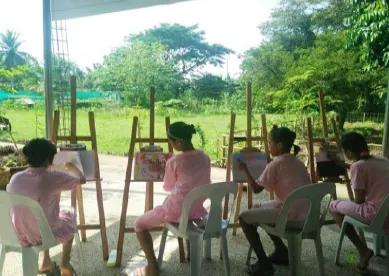
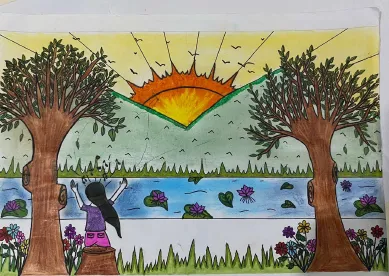
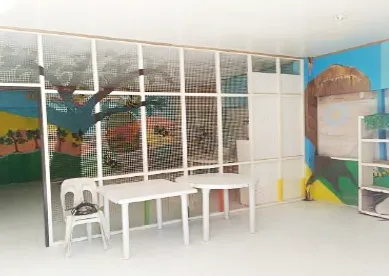
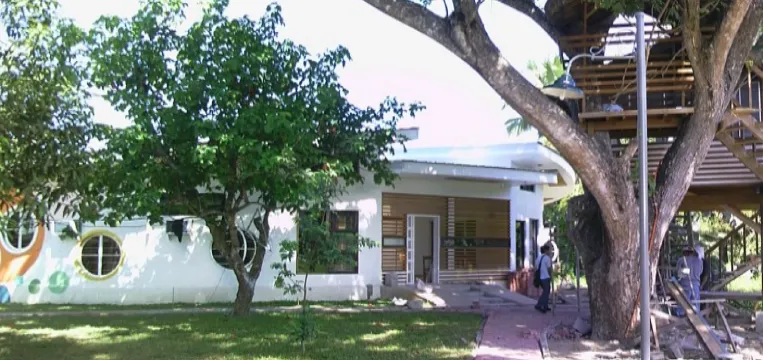
© 2023 All rights reserved Love146Philippines.
